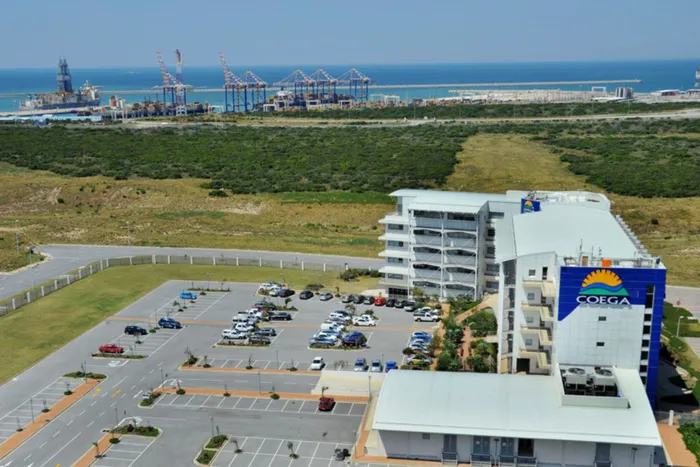MPs tell SMME financier to change tack

The IDC has provided funding for the establishment of a dairy in the Coega IDZ and is now looking to provide funding for the establishment of a cheese factory in the same IDZ.Photo Supplied 8 The IDC has provided funding for the establishment of a dairy in the Coega IDZ and is now looking to provide funding for the establishment of a cheese factory in the same IDZ.Photo Supplied 8
Londiwe Buthelezi
The Small Enterprise Finance Agency (Sefa), a state financier launched last year, has been sent back to the drawing board by Parliament, which said yesterday that it was backing the wrong businesses.
The portfolio committee on economic development heard yesterday that Sefa, which was formed from the merger of the SA Micro-Finance Apex Fund, Khula Enterprise Finance and the small business activities of the Industrial Development Corporation (IDC), did wholesale lending via existing and yet-to-be-formed retail financial intermediaries.
The agency plans to approve R6.4 billion of loans to finance small, medium and micro enterprises (SMMEs) in the next five years.
Sefa said it was looking to develop its direct lending guarantee product by the end of November, but loans to survivalists and micro enterprises would still be distributed by intermediaries.
Survivalist businesses are those run by individuals to generate their own income to support their families. Even loans to small enterprises were distributed through both direct lending and intermediaries.
However, Sefa does not nominate the intermediaries that disburse the loans. Intermediaries submit loan applications and have to pay interest on amounts approved, directly competing with the SMMEs for funding. By the time the loan is disbursed to small entrepreneurs, it will have accumulated interest at Sefa and intermediary levels.
Xitlhangoma Mabasa, an ANC member of the committee, said: “I’ve never appreciated retail financial intermediaries. People in the middle are accumulating money and passing very little to the guys at the end of the chain.
“The majority of retail financial intermediaries don’t have good reputations.
IDC chief executive Geoffrey Qhena said Sefa was still building capacity to do direct lending, but it was “virtually impossible” for the agency to distribute wholesale loans, when the loans were small.
Sefa was formed to overcome the barriers that existed for small entrepreneurs to access finance from its predecessor agencies, including the use of intermediaries.
Committee chairwoman Elsie Coleman said: “The purpose of the merger was not just to change names.” She complained that Sefa’s business “is about intermediaries. It’s not about people these government resources are aimed at.”
The committee expressed concern that retail financial intermediaries charged interest rates of as high as 40 percent. It said this was the reason survivalists had remained at the same level and not progressed to contribute more to the economy and job creation.
Sefa provides loans starting from R500 for survivalists and going up to R5m for medium-sized enterprises.
The IDC has committed to provide an interest-free loan of R987 million to Sefa over and above what the government will provide in the three years from 2013/14.
This loan was advanced to avoid a repeat of the funding challenges faced by Khula.
The IDC, Sefa’s shareholder, said it would provide financial support because the agency should not be allowed to fail, but would hold the agency to account for every cent given.
The IDC is prioritising investments in poorer provinces and new industries, and plans to invest more in manufacturing facilities in the Coega industrial development zone and other green economy initiatives in the Eastern Cape.
In the five years to 2017/18, the state financier is targeting investments of R102bn in businesses, 70 percent higher than what it achieved in the period from 2008/09 to 2012/13. A total of R14bn would fund projects in the rest of Africa.